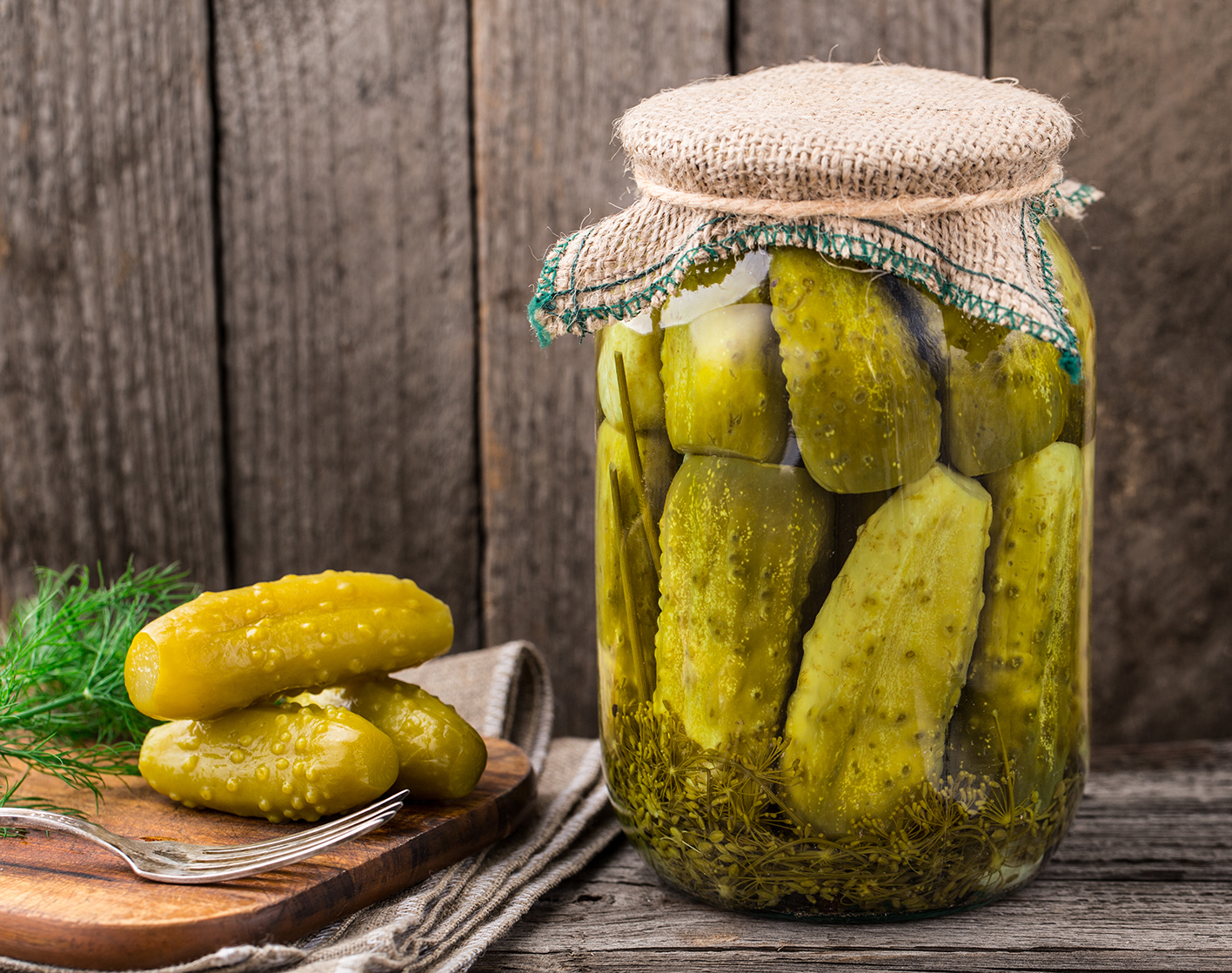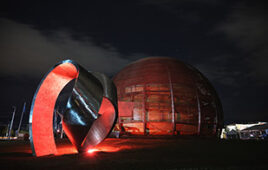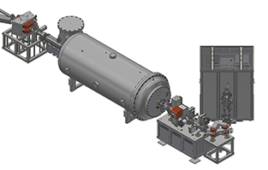
Researchers in North Carolina have discovered that pickle brine can be used as an efficient way to produce electricity. (Stock photo)
Scientists in North Carolina have developed a way to convert salty pickle juice into electricity.
Researchers from the University of North Carolina at Chapel Hill (UNC), North Carolina State University (NCSU) and East Carolina University (ECU) have created new technologies to extract salinity gradients, such as pickle juice, to create energy.
According to UNC researcher Orlando Coronell, salient gradients occur when two types of water have different levels of salt concentration and electricity can be stored using reverse electrodialysis from the two water currents.
“The pickle, in this case, serves as the salty water stream,” Coronell said in a statement to the press. “You need one high in salt and one low in salt. The way the pickle comes into play is because the pickle brine is very salty.”
The team tested several different water pairs before discovering that brine produced the most power. They also partnered with Mt. Olive Pickle Co. Inc. for the research.
“They were looking for unique solutions to handle some of the brine waste they produce,” NCSU researcher Doug Call added. “To make pickles you need a lot of salt, and a lot of other things like vinegar. Because that’s their main production facility, they make a lot of salt water.”
While the initial experiments produced positive results, the research group intends to continue to expand on the work. However, there are still steps needed to figure out where they can go next with the research.
“The first part is determining how the resources, in this case, the salinity gradients in North Carolina, how they do with the technology, how well we can produce electricity, how much electricity we can make, and other functions,” Call said. “Then we have to figure out what the limitations of the current state of the technology.”
The group also said North Carolina is the perfect place to test this science as the state has an abundance of freshwater lakes and streams that are needed for the experiment.
“These facilities would be located on the coast,” UNC researcher Lindsay Dubbs said, in the statement. “We were interested in how that would affect coastal water quality and coastal ecosystems. We’ve found that basically the reverse electrodialysis would not have very many detrimental impacts on local environmental quality in coastal regions.”




